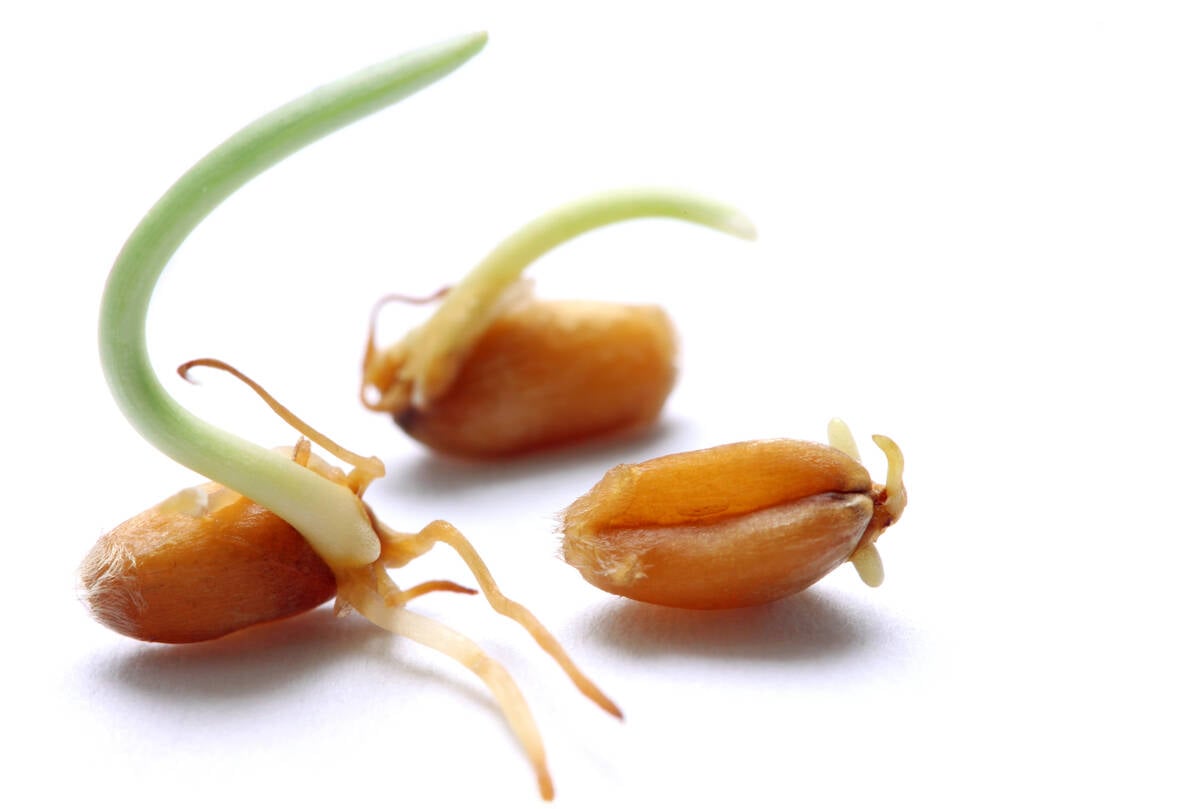TORONTO – Farmer profitability must be at the root of any new World Trade Organization agricultural agreement to liberalize trade, Canadian government officials said Dec. 6.
John Gero, Canada’s chief trade negotiator at the current Doha round of WTO talks, told a federal and Ontario-organized conference on trade talks that a new global trade deal is important to Canada because 40 percent of its economy depends on trade.
“I think this is a key Canadian objective,” he said.
But when Ontario Federation of Agriculture president Ron Bonnett rose to raise farmer skepticism that WTO talks are more about helping corporations trade than about making sure trade produces reasonable farm income, Gero added a caveat.
Read Also

Manitoba farmers fight sprouted wheat after rain
Rain in mid-September has led to wheat sprouting problems in some Manitoba farm fields.
He said returns to producers have to be at the core of Canada’s goals.
“It is absolutely vital to Canada’s position,” said the assistant deputy minister of Canada’s trade department in charge of overall WTO negotiating strategy.
“If they can’t produce at a profitable level, sooner or later they don’t produce so what’s the point of having trade rules?”
Later, federal agriculture minister Andy Mitchell made the same commitment.
He told the conference that any deal acceptable to Canada must allow the country to maintain marketing systems like supply management that return cost-based prices to producers.
“A WTO deal must create an environment in which producers can be profitable or what’s the point?” he said in an interview after delivering a speech to the conference.
Still, some farm leaders question whether farm profitability is a key consideration when WTO talks appear to threaten the existence of the Canadian Wheat Board monopoly and supply management tariff protections.
On the other side of the argument, Ontario grains and oilseeds producer Liam McCreery, president of the aggressive trade liberalization lobby Canadian Agri-Food Trade Alliance, insisted Dec. 6 that only comprehensive trade liberalization and protection reduction will help farmers. There should be no protectionist exceptions.
He told WTO agriculture negotiations chair Tim Groser that special protection deals for import-sensitive products such as dairy and eggs concerns the alliance. They should not be a way to limit trade.
Groser said he understood and while slower liberalization is required for sensitive products, the rules could not get out of control and become trade inhibitors.
“There must be substantial improvement for every product,” said the New Zealand ambassador to the WTO.














